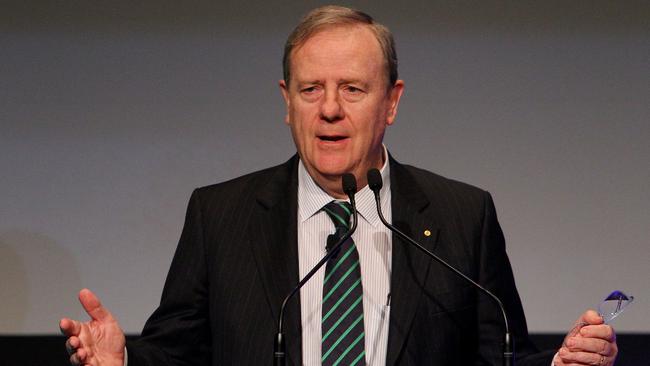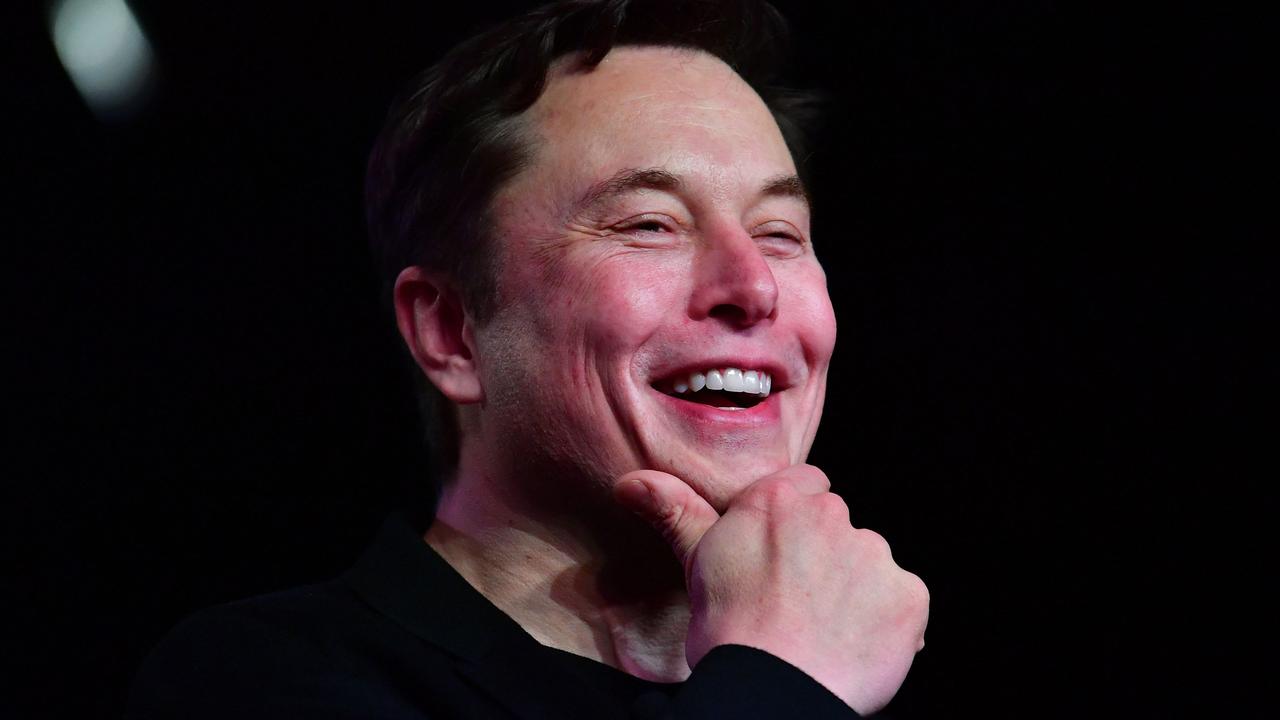Future Fund easily beats its target in 2017-18
The Future Fund has posted returns of 9.3pc, adding $13bn, as it shifted further from cash into share markets and private equity.

The Future Fund has breezed past its revised investment target, adding $13 billion in returns as it lightened its cash weighting and shifted further into share markets and private equity.
The public service pension manager said returns for last financial year were 9.3 per cent, easily passing its 6.1 per cent target, amid a bout of sustained and synchronised global economic growth.
Peter Costello, who as treasurer established the fund in 2006 and is now chair of the board of guardians of the Future Fund, said the investment team had slightly increased the level of risk in the fund on optimism about the short-term outlook.
“But over the medium to longer term, a number of risks remain and continue to evolve,” Mr Costello said.
“Inflationary pressures may soon emerge in the US, and as interest rates around the world begin rising towards more normal levels we expect to see downward pressure on asset prices. “International political and trade tensions continue to impact markets and the potential for further shocks remains.”
Returns for year lifted the fund from $133.5 billion to $146 billion.
The big portfolio moves included a 6 per cent reduction in cash weightings from $28 billion or 21 per cent to $21.2 billion or 15.1 per cent.
Developed market equities, which historically have favoured the US share market, rose from $19.8 billion to $26.5 billion or from 14.9 per cent to 18.2 per cent.
Private equity investments rose from $15.5 billion or 11.6 per cent to 20.6 billion or 14.1 per cent.
The returns for the year exceeded the 6.1 per cent target rate, which was revised down by 0.5 per cent last year amid then fears of asset inflation fuelled by central banks flooding the world with liquidity.
The Future Fund has returned 7.9 per cent since it was founded in May 2006, against a target return of 6.8 per cent for the period, with no contributions other than investment returns since it was established with $59 billion in budget surplus and Telstra 3 shares.
Chief executive David Neal said the fund retained a high degree of flexibility for any change in market circumstances.
“We are particularly attracted to investment strategies that are uncorrelated to equity returns, and that are focused on genuine innovation and value creation,” Mr Neal said.




To join the conversation, please log in. Don't have an account? Register
Join the conversation, you are commenting as Logout